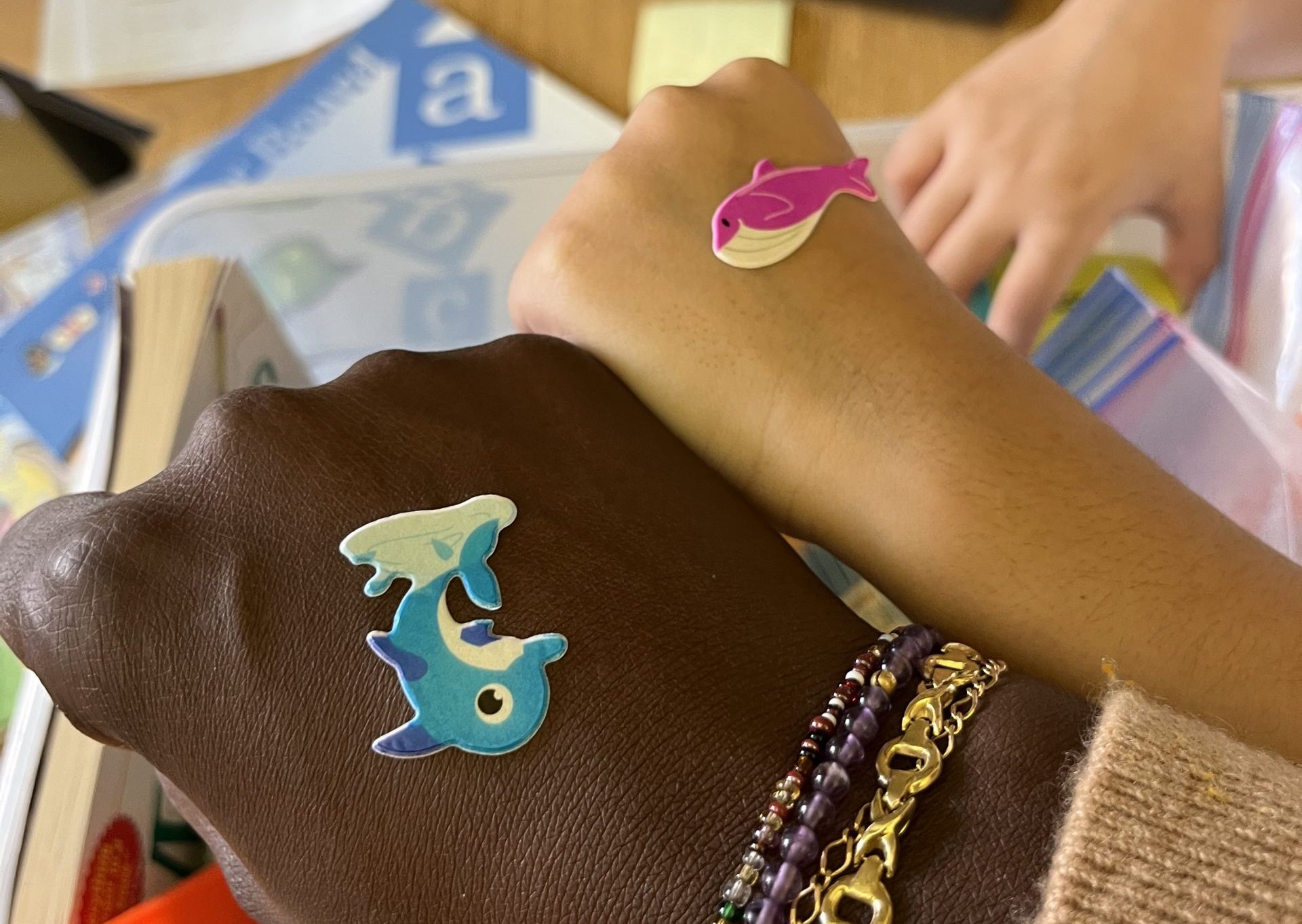October 28, 2020
How to position civic engagement as a kid-friendly conversation topic
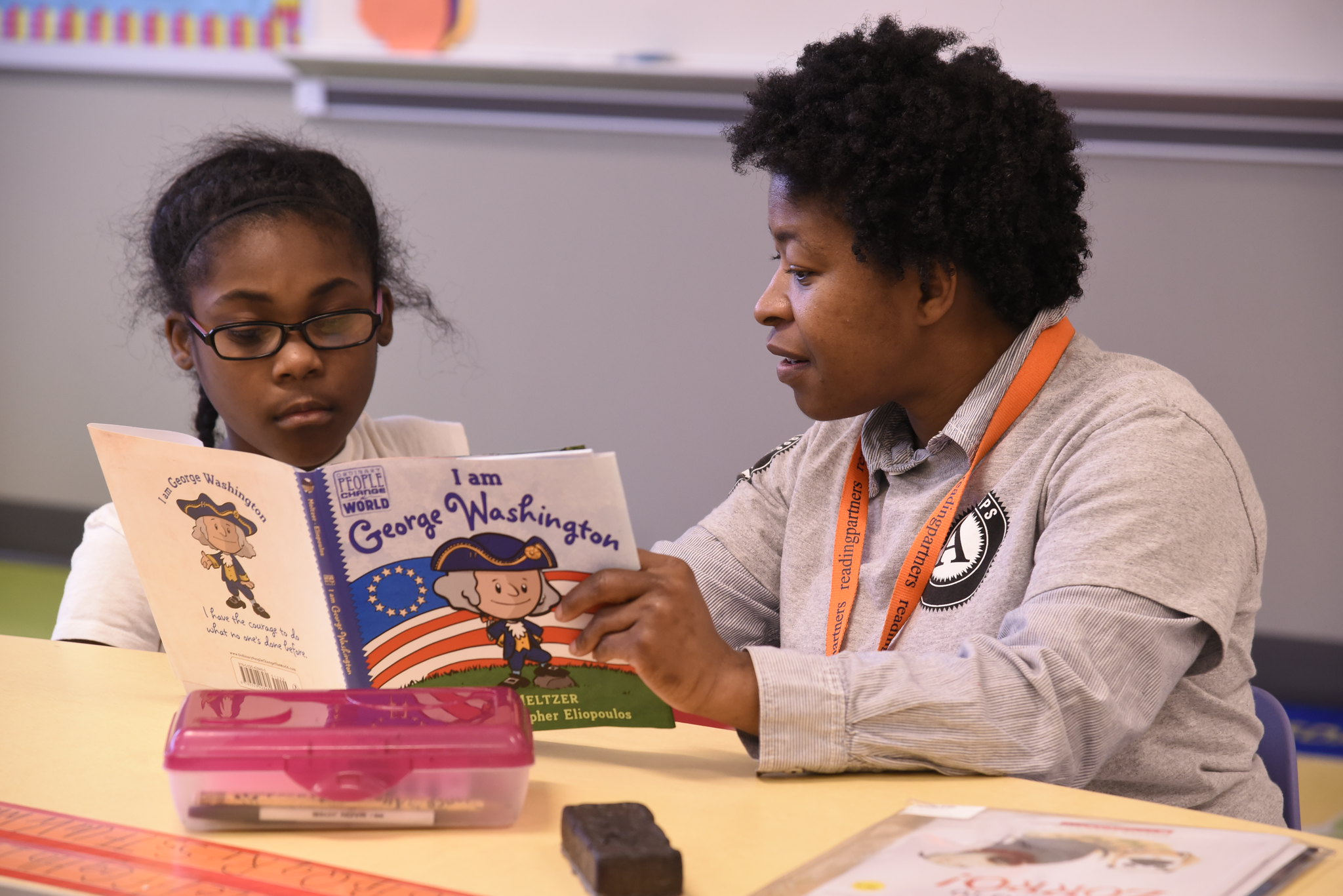
During an election year, conversations about politics are bound to come up at home, work, and even in line at the grocery store. Children can learn so much just by listening to what the adults around them have to say. However, it’s important to be intentional about how you’re talking about politics, civic engagement, and democracy. When children understand the privileges and responsibilities that come with democracy, they are more ready to become active participants in the process as adults.
Here are some tips for talking about civic engagement with kids of different ages.
Politics in pre-K
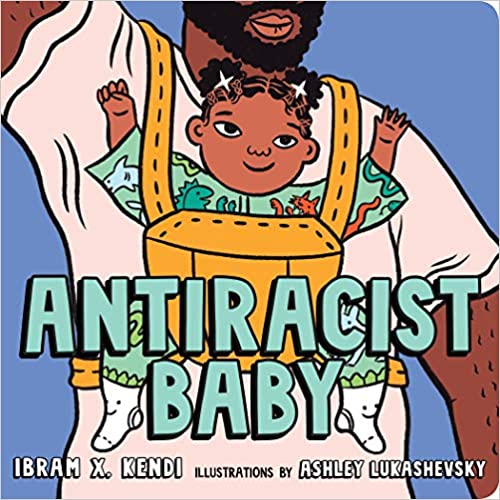
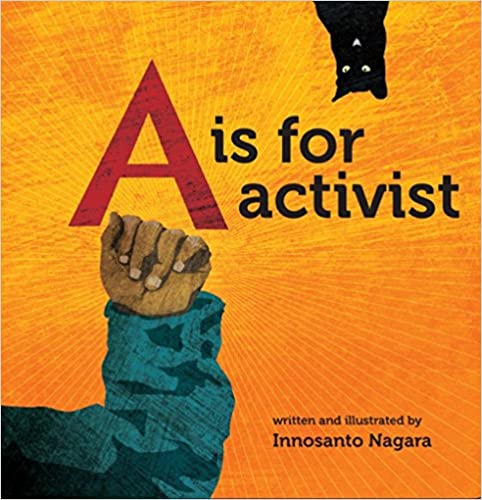
Children at this age might not have the ability to understand the complexities of our political system and civic engagement. But, they definitely know about the concepts of fairness and justice. More so, they are able to comprehend that through voting, we get to choose our leader. This is a concept they often see in class. Kids often vote on which game to play at recess or on which book the teacher will read during storytime.
At this age, continue to expose your child to the political process. You can show them your mail-in ballot, visit historical museums and state buildings, and get them involved in issues that matter to you and your family. Practice voting by taking a family vote on which book you will read before bed, some options being A is for Activist and Antiracist Baby.
Politics in elementary school
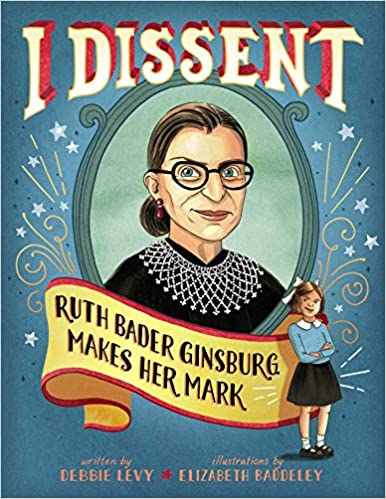
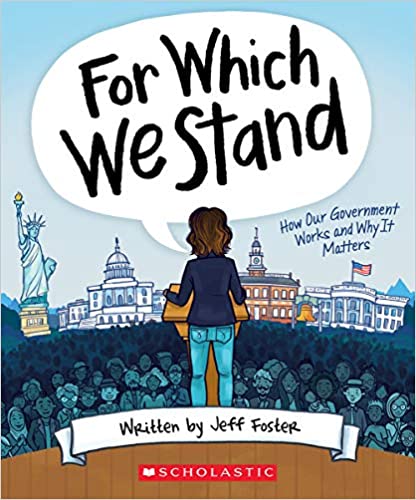
As children get older, they are able to understand more and more about civic engagement. Throughout elementary school, children will learn about the formation of our country, our judicial, legislative, and executive branches, and about how a democracy ought to function. At this age, children can begin to differentiate between political parties. They may also start to identify groups that hold values that align with their own.
Continue to expose your elementary school-aged children to historical museums and state buildings, the voting process, and more. However, at this age children begin to understand more abstract concepts, and can work independently. Encourage your child to read books like I Dissent: Ruth Bader Ginsburg Makes Her Mark or For Which We Stand: How Our Government Works and Why It Matters.
Politics in high school
Soon, your high schooler will be getting ready to vote for the first time! They’ll learn more about our political system in school through classes like American History and U.S. Government. At this age, it is important to explore your child’s passions with them. Find out what interests them and then connect them with resources or like-minded groups.
For example, Seattle has the Seattle Youth Commission, a group of 15 mayor-appointed teens from the city. The commission supports elected officials, advises on city policies, and discusses issues that impact the city’s youth. The city of Oakland has a similar concept with Youth in Government Day. Each year, the Oakland Board of Commissioners hosts high school students from across the city to learn about, engage with, and participate in their local government.
Regardless of your child’s age, it is important they know that freedom relies on citizen participation in the political process. The children of today are the voters and leaders of tomorrow, and thus they must learn to think for themselves. They must be fair and listen to both sides of an argument, be willing to debate a topic, and then come to a decision. Learning about US history, our government, and the complexities of politics does not have to be boring, nor should it be reserved for adults! Through books and youth organizations, children can have fun while becoming civic-minded citizens.


